Japanese society is known for its politeness, which is why knowing a few key etiquette tips for travel in Japan can be really helpful.
Its many etiquette rules can be daunting to anyone planning to visit Japan.
While there's no need to get overly anxious about making social faux pas, noone should put their foot in it if it can be easily avoided.
Top 7 Etiquette Tips For Travel In Japan
by Rob Dyer
Don't be that loud foreigner
There’s a phrase in Japan that gaijin (foreigners) are often given a ‘gaijin pass’ to make mistakes. People will be understanding. However, observing a few key customs will help you blend in with the locals.
The subject is so extensive that there are several books available on the topic. But, for starters, here's my Top 7 Etiquette Rules to follow in Japan...
#1 Be considerate and blend in
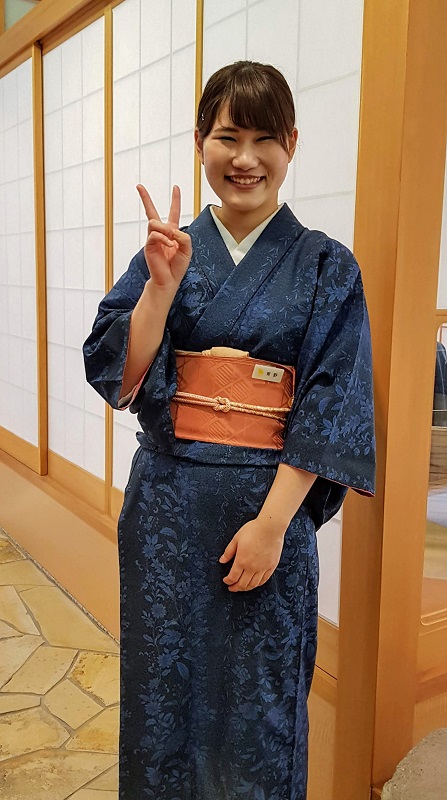
Attempting to blend in with the locals in will always be welcomed in Japan
Japanese society often means foregoing some personal expression so as not to stand out. The Japanese have a saying: “The nail that stands out must be hammered down”.
Many people do not speak while using public transport, even if they are travelling with friends or family members. If you do speak, do so quietly so as not to disturb other passengers.
Many people do not speak while using public transport
Few things make me wince more inside, than seeing a loud foreign tourist, stomping about, gesticulating wildly, practically shouting as they speak.
Don't be that loud foreigner who stands out!
Be considerate of others (surely something we all do everyday anyhow?) and try to blend in as much as possible. Using this as a general guiding principle will serve you well on your travels in Japan.
#2 Removing shoes indoors
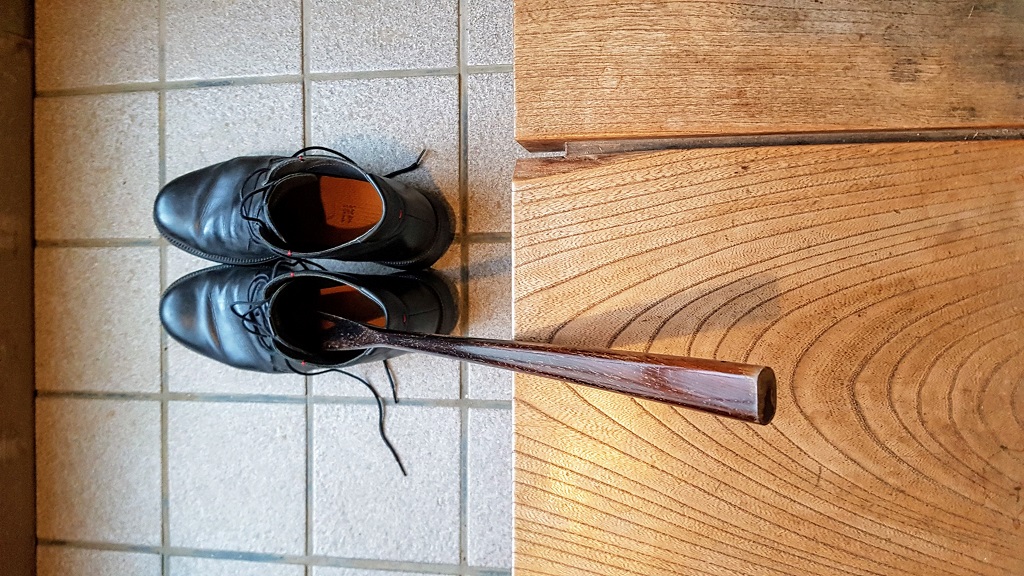
Remove shoes when entering homes, hotel rooms, restaurants, changing rooms
Bowing aside, perhaps Japan's best-known custom is removing footwear when entering a home.
The same also applies in traditional-style restaurants, hotel rooms, ryokan (Japanese inns), minshuku (Japanese B&Bs) and onsen (hot springs). You should also take off your shoes before entering a changing room in clothing stores.
Japanese culture makes a clear distinction between soto (outside) and uchi (inside), and this is where this custom originates.
Japanese culture makes a clear distinction between soto (outside) and uchi (inside)
Often you’ll exchange your outside footwear to indoor slippers. This is done at the genkan - an area directly inside the entrance, designed as the place where external footwear is removed and left.
This is probably the main social faux pas that (even the very polite) Japanese will actually pick you up on. Whether in private or in public. Don't sweat it if someone does point out your error. You won't be the first, or last to do it.
#3 How to use chopsticks
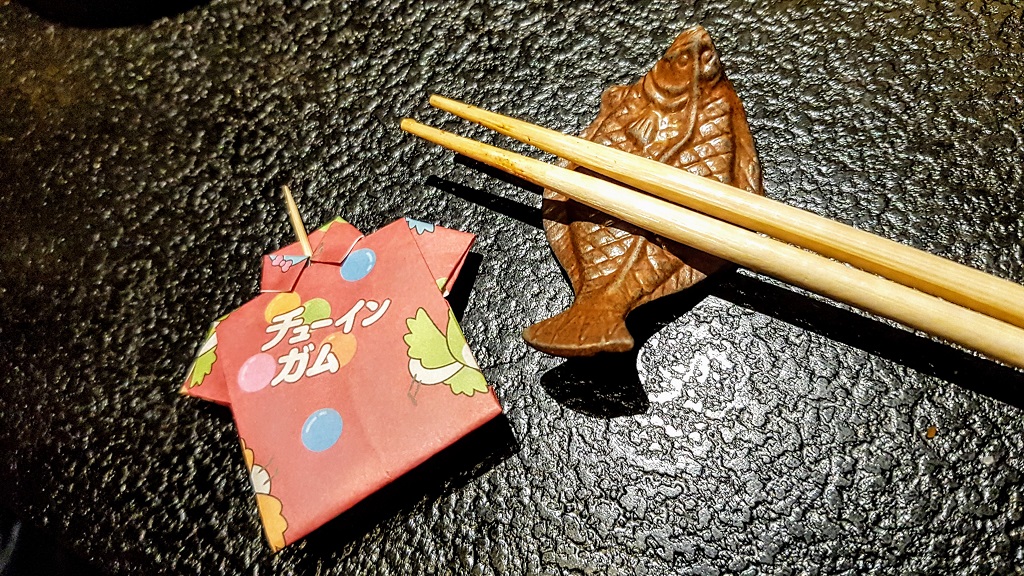
There's a lot of etiquette involved when it comes to using chopsticks. Here are three essential chopstick manners to get your started:
- Don’t place your chopsticks vertically in your rice/food (this is a funeral ritual).
- Don’t pass food using your chopsticks to someone else's chopsticks.
- Don’t point with your chopsticks, or use them to pull dishes towards you.
Number 2 on the list is frowned upon also because it relates to funeral rites. When a person is cremated in Japan (as virtually all are) mourners pick up bones of the deceased with chopsticks and pass them into an urn. The act of passing food with your chopsticks is seen as resembling this.
If you struggle to use chopsticks simply ask for a knife and fork
If you struggle to use chopsticks simply ask for a knife and fork or a spoon. Many restaurants and izakaya will have them. Some modern Japanese dishes are even sometimes served with a spoon.
No-one will be offended if you need a bit of cutlery assistance when dining.
#4 There is no tipping (yay!)
In Japan there is no such thing as tipping.
(No more trying to remember what percentage you are supposed to tip!)
Don't make the mistake of trying to tip, thinking you are being extra considerate. You are more likely to offend the person you're offering the tip to.
A (little-known) tipping exception
There is a little-known exception to the ‘no-tipping’ rule.
When you’re on a guided tour (such as a one-day coach trip), it is acceptable to tip your guide at the end of the tour if you especially enjoyed it. A modest monetary gesture is fine. If you’re unsure how much - then see what the locals are tipping and judge by that.
#5 Using your phone in public
It's not the done thing to talk on the phone when using public transport. Don't be surprised if staff ask you to stop. It's fine to use it to play games (provided the sound is off), browse the web, check your messages, etc.
On Japan's shinkansen bullet trains, you'll see signs in the carriages asking you to take and make calls only in the vestibules between cars, or in a designated areas.
Don't watch videos or listen to music out loud in public
Using phones in restaurants or cafes is considered impolite and inconsiderate of others. If you must make or take a call, step outside to do it.
Don't watch videos or listen to music out loud in public.
#6 Don't eat and walk on the street
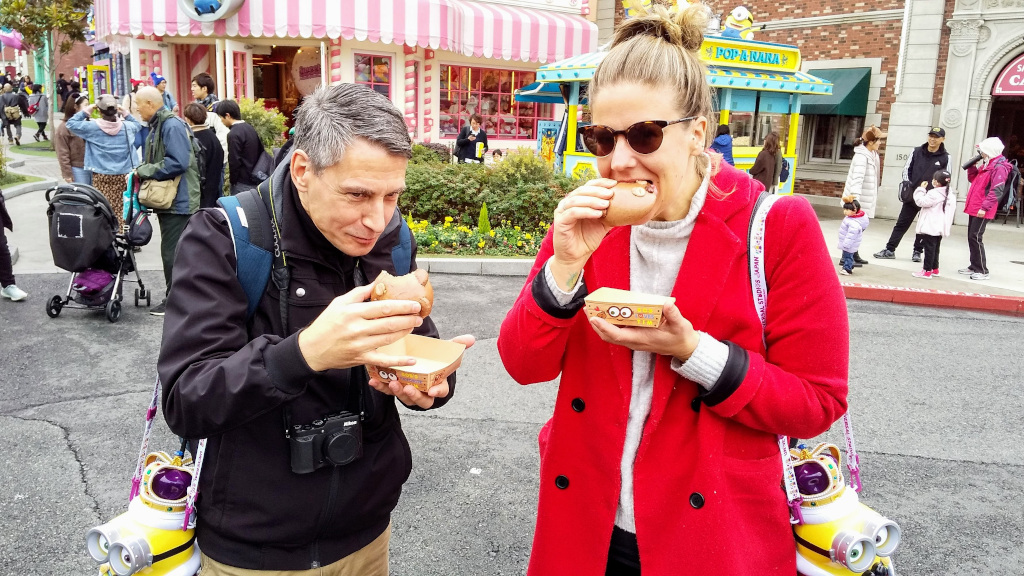
A friend and I munching on Minion donuts in Universal Studios Japan
Although you do see people sometimes eating on the street in front of yatai (street food stalls), walking along and eating or drinking is a no-no.
Don’t eat or drink on public transport. However, on long distance journeys eating ekiben (‘station bento’) boxed meals on bullet trains is considered a part of the experience - so enjoy it.
Eating outside within the grounds of theme parks (like I am doing in the photo above, taken at Universal Studios Japan) is also fine.
#7 Learn a little Japanese
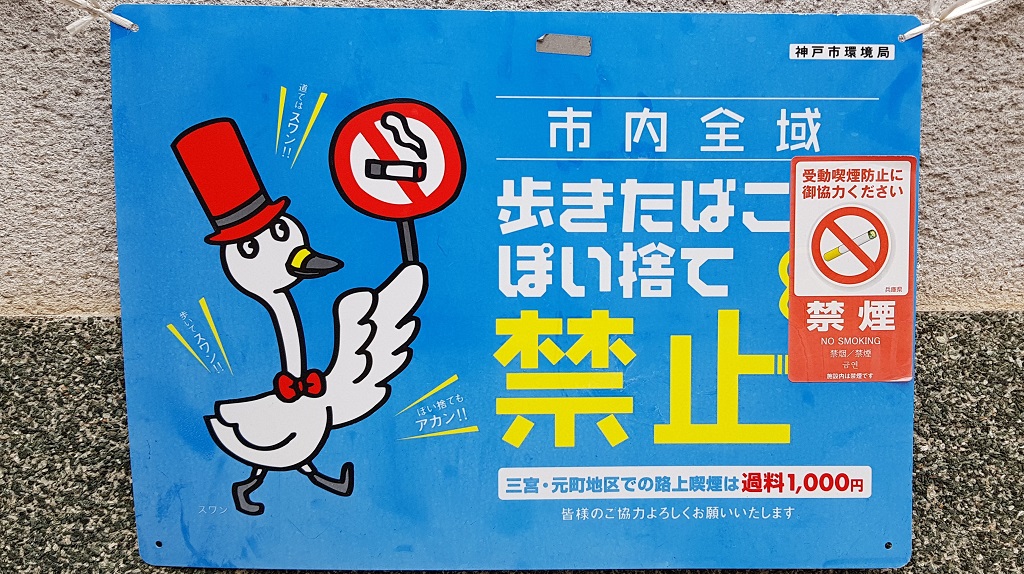
Even if you can't speak Japanese, it's often easy to get the gist of public information signs
Don’t expect that most people in Japan will be able to speak English. They won't. Besides, it's polite (and easy) to learn at least a few useful Japanese words and phrases.
No one will expect you to be fluent, but any Japanese you do use will show you to be a considerate traveller and be welcomed. Just use whatever Japanese you have - no matter how little that may be.
Don’t expect most people in Japan to speak English
Also, the Japanese are particularly adept at being attuned to the needs of others, especially when those in need are customers. It's called omoiyari. So even if you can't always express yourself in their language, you can work on the basis that in most instances, the locals will do their best to understand and assist you.
Want to learn Japanese?
Rocket Languages are experts in online language learning.
With them, you won't just be taking a language course. You'll be developing a deeper connection and understanding of the Japanese people, places and culture.
You are less than 60 seconds away from getting started.
Take a free trial to see what it’s all about and why they have over 2 million satisfied customers.
Once you’ve signed up, you’ll have access to several sample lessons, an exclusive discount, and more!

VIDEO: Top 7 Etiquette Tips For Travel in Japan
Nevertheless, a small amount of well-chosen Japanese can go a long way during your travels in Japan. If you'd find a reference of 32 key travel-related Japanese words and phrases handy, then check out my first Japan travel guide.
Not being able to speak Japanese is the No.1 concern of most visitors to Japan. Our (most popular) post How To Travel in Japan (When You Don't Speak Japanese) will guide you further on the subject.
BONUS: Tips for sustainable travel in Japan
One thing we can all do as travellers in Japan is to take care to tread lightly, meaning to travel as sustainably as possible.
Travellers in Japan often comment on how clean the streets, stations and facilities are as they travel around. But one area where Japan needs to do better is to take steps to curb its overuse of single-use plastics.
As a visitor to the country there are a few simple ideas you can try that will help improve the situation. These include travelling outside of the golden route (Tokyo, Osaka, Kyoto), hiring local guides, and proactively asking about sustainable options when staying at hotels, eating out, and elsewhere.
Japan sustainability expert and podcaster JJ Walsh has written a detailed introduction to sustainable travel in Japan. It includes some of the steps you can take when visiting Japan that will help you make the most of your travels, while minimizing your environmental impact.
FURTHER READING: 5 Insider Tips for Sustainable Travel in Japan
What would you add to this list?
These are just a few essential customs to be aware of and observe.
There are plenty more, which I'll probably explore more widely in another, more in-depth article. In the meantime, what other Japanese customs or points of etiquette do you think are essential or would add to this list? Leave a comment below.

About the Author
A writer and publisher from England, Rob has been exploring Japan’s islands since 2000. He specialises in travelling off the beaten track, whether on remote atolls or in the hidden streets of major cities. He’s the founder of TheRealJapan.com.
Resources
Bookshop Booklist: 5 Books About Etiquette, Customs and Manners in Japan*
https://bookshop.org/lists/etiquette-customs-and-manners-in-japan
*Shipping to US customers only
Amazon Booklist: Etiquette, Customs and Manners in Japan
https://www.amazon.com/shop/therealjapan?listId=BV4ORP28WGKN
Japanese Manners Do's and Don't (JNTO)
https://www.japan.travel/en/guide/japanese-manners-dos-and-donts/
My 'Japan Without Japanese' Travel Guides
How To Travel In Japan Without Speaking Japanese - eBook
How To Travel In Japan Without Speaking Japanese - Audiobook
How To Travel In Japan Without Speaking Japanese - eBook & Audiobook Pack
Further Reading
3 Most Common Mistakes Planning A Trip To Japan
How The Japanese Anticipate Other People’s Needs
Japan Without Japanese: How To Travel In Japan When You Don’t Speak Japanese
Visiting Japan Without Speaking Japanese (Video Series)
Useful Travel Tips On Japanese Language and Culture
If you enjoyed this article please share this image online:

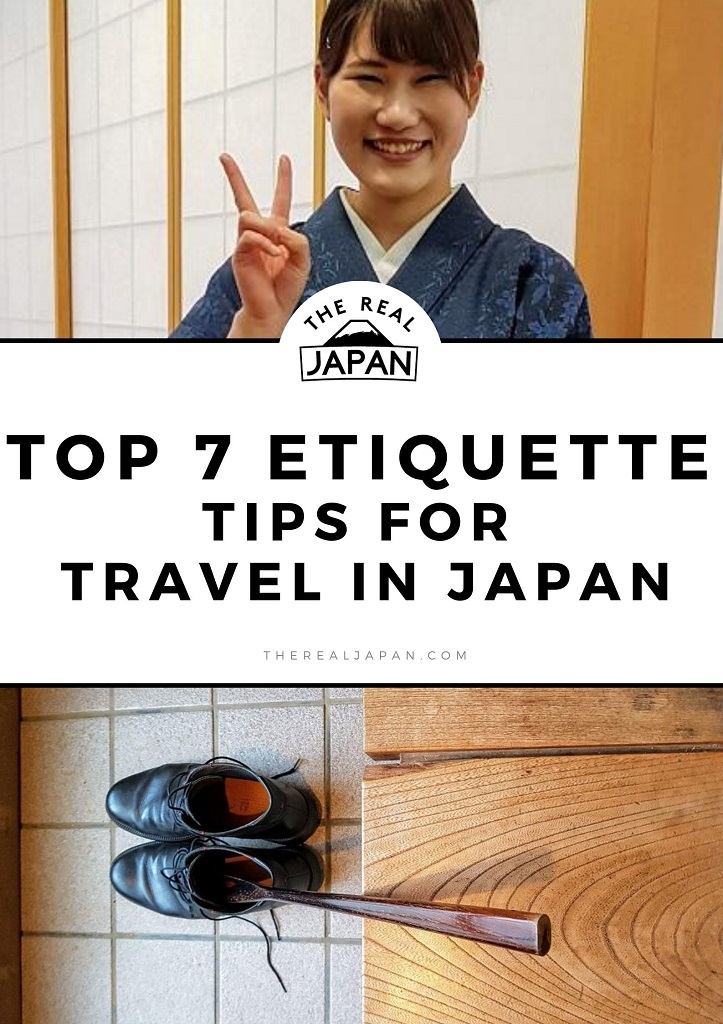

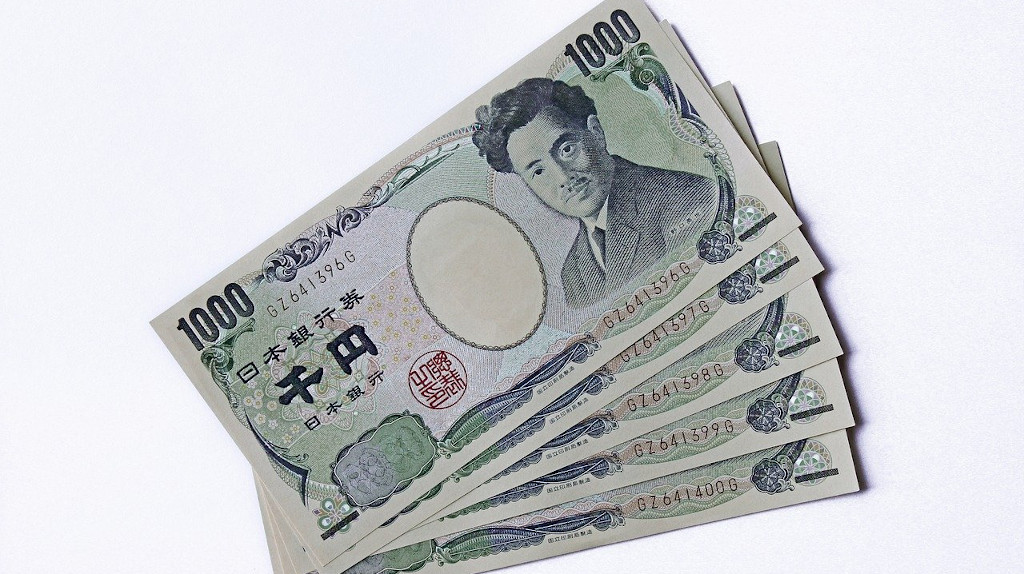
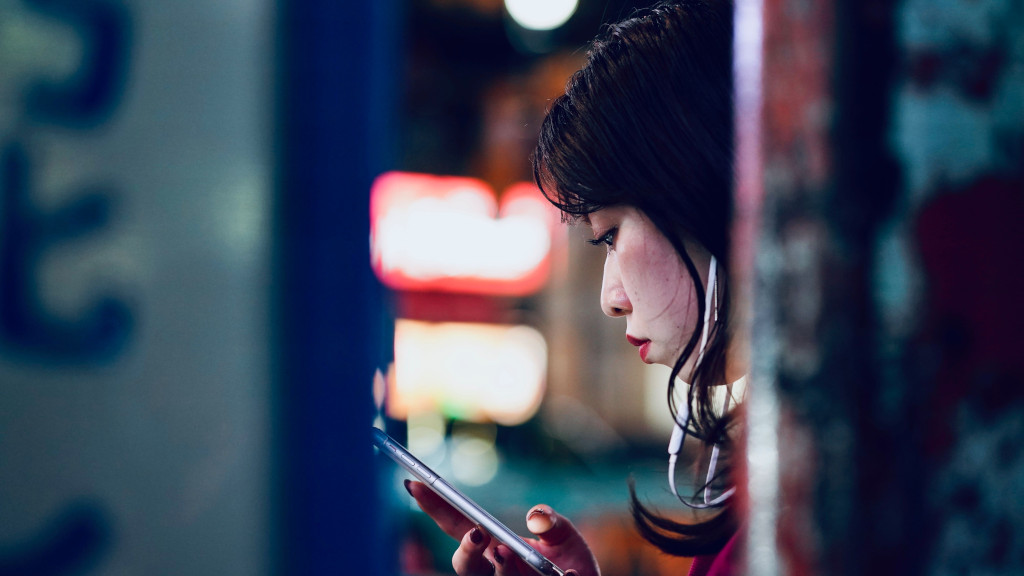
Nice to know.
You’re welcome!